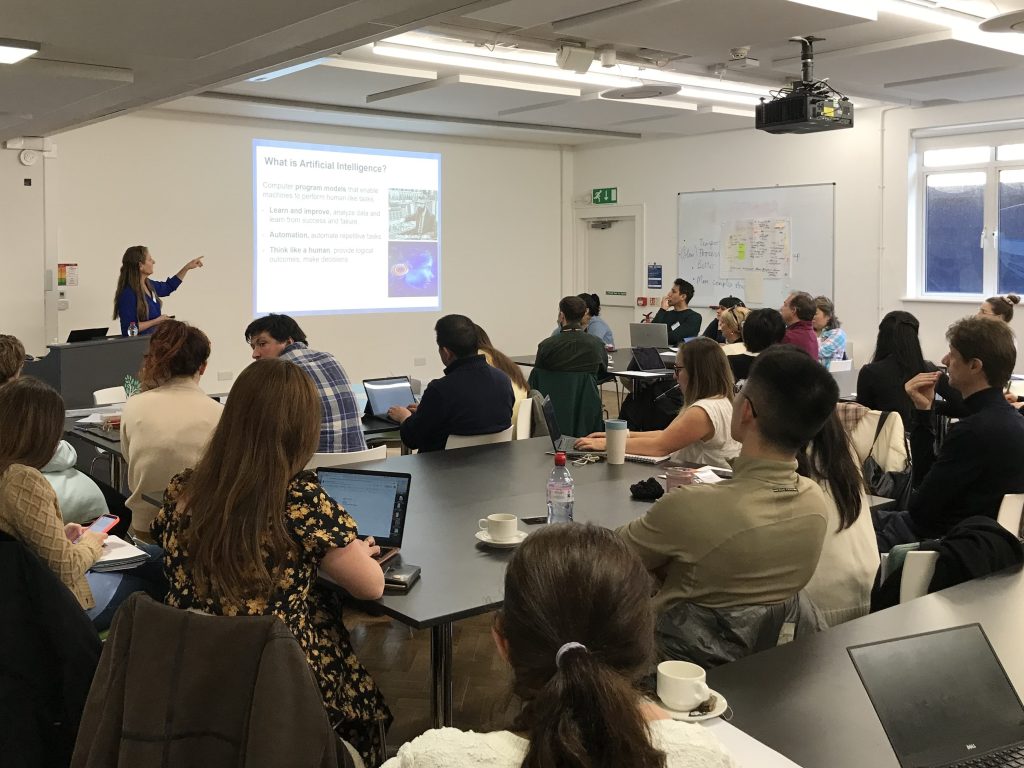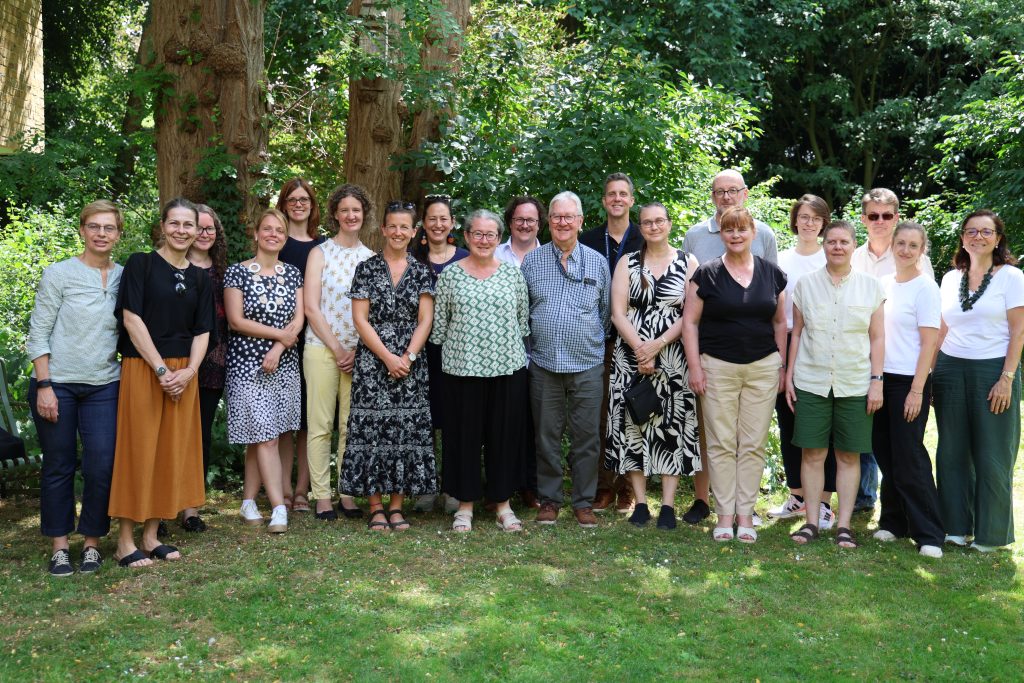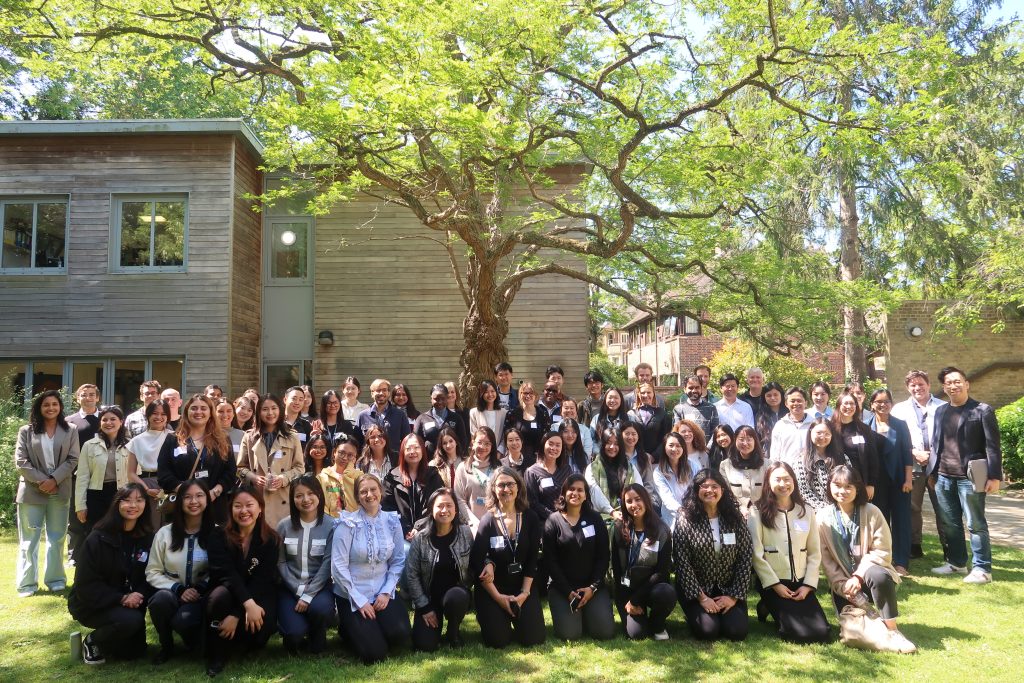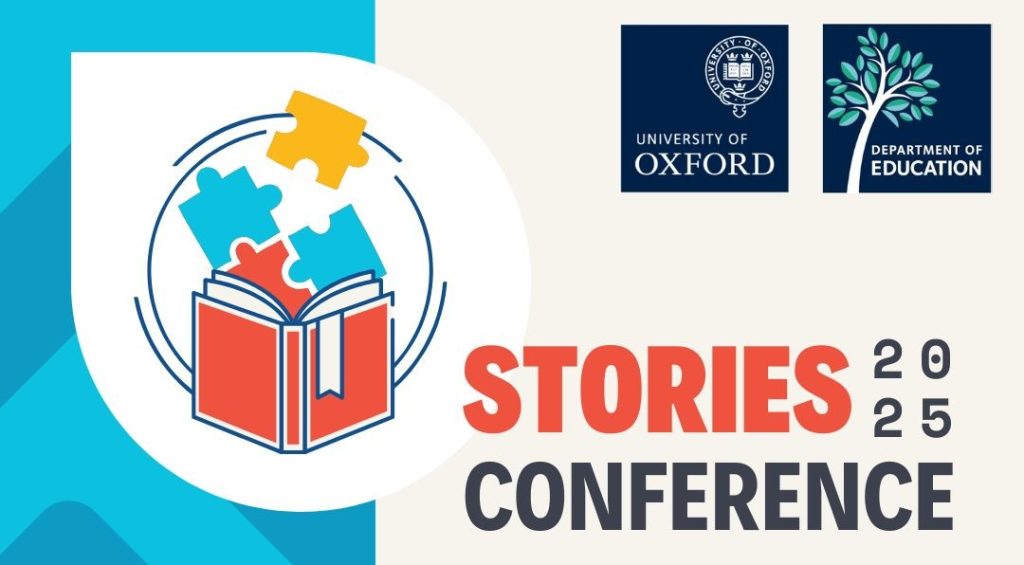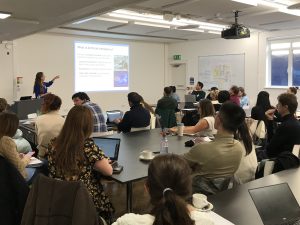
Oxford Education Deanery hosts workshop on Generative AI and Education
On Thursday, 24 October, around 50 teachers, practitioners and researchers gathered to explore generative AI (GenAI) tools for teaching, learning, and assessment. Led by Professor Miri Barak (Honorary Research Fellow, University of Oxford and Professor of Science & Engineering Education, Technion IIT) and Dr Maya Usher (Research Fellow, Technion IIT), the workshop invited attendees to delve into the world of GenAI through three dynamic and interactive sessions.
The workshop began with an introduction to emerging trends in GenAI and its applications in education. Participants were introduced to essential terminology and gained insight into the rapid advancements that shape GenAI today. We discussed foundational aspects of AI use and development, highlighting the vast opportunities these tools present alongside the critical ethical and responsible use considerations in educational settings. A particular highlight was a discussion on prompt engineering – a skill crucial for guiding AI to generate relevant and targeted responses tailored to specific educational needs.
In the second session, attendees participated in hands-on activities to experience the practical applications of GenAI in the classroom. We began with ChatGPT, where each participant crafted prompts to produce educational materials and support assessment needs. Through guided practice, we explored the art of prompt engineering to create test questions, generate constructive feedback, and enhance student engagement. Together, we crafted and refined prompts to observe how small adjustments could significantly impact the quality and relevance of AI responses. We also explored different types of prompts, such as role-playing prompts, which can enhance the AI’s output by assigning it a specific perspective—like that of an experienced science teacher. This technique enables educators to shape the AI’s tone, expertise, and approach to align more closely with their teaching goals.
Following our work with ChatGPT, we introduced the Poe platform, which allows educators to design personalized chatbots tailored to their specific educational goals and student needs. First, we explored the range of chatbot engines available on Poe and experimented with summarizing online articles. We then took this summary further, asking the chatbot to create a short test comprising multiple-choice and open-ended questions, and a rubric for assessing the open-ended response, formatted in a table. After this initial introduction to Poe’s capabilities, we moved to the primary exercise: designing personalized chatbots that guide students through a concept by encouraging curiosity and inquiry. Each participant customized their chatbot to encourage exploration of specific topics, then tested it from a student’s perspective, refining the bot’s responses as needed to ensure they aligned with their instructional goals. The takeaway here was clear: with careful prompt crafting, educators can shape a chatbot’s responses to guide student learning effectively, enhancing both engagement and comprehension. We emphasized that prompt engineering is an iterative process, where prompts can and should be refined based on feedback to improve their quality and relevance continually.
The final session centered on integrating GenAI tools into lesson plans across various subjects and curricula. Together, we discussed four key strategies for incorporating GenAI-driven activities into teaching while enhancing instructional efficiency. We also examined the ethical implications of GenAI from cognitive, epistemic, and social-institutional perspectives to encourage a balanced and responsible approach to AI in education. This reflection encouraged participants to consider GenAI’s broader impact, sparking meaningful discussions on best practices for ethical AI integration. Feedback from participants underscored a shared excitement about the potential of GenAI and an eagerness to implement these tools immediately. Many noted the value of a supportive community dedicated to exploring GenAI’s role in the classroom, with the workshop’s collaborative atmosphere fostering a collective commitment to advancing AI’s role in education.
Testimonials from attendees
“All of it was really interesting. It was useful to have the oversight of AI as well as the session on prompt queues.”
“Loved it, thank you.”
“Such a great session. Would love another similar session with opportunities to discuss.”
Thank you to everyone who participated and shared insights throughout the day. We’d be happy to hear from you about your experiences and insights regarding GenAI in education—please feel free to reach out at mayau@technion.ac.il







